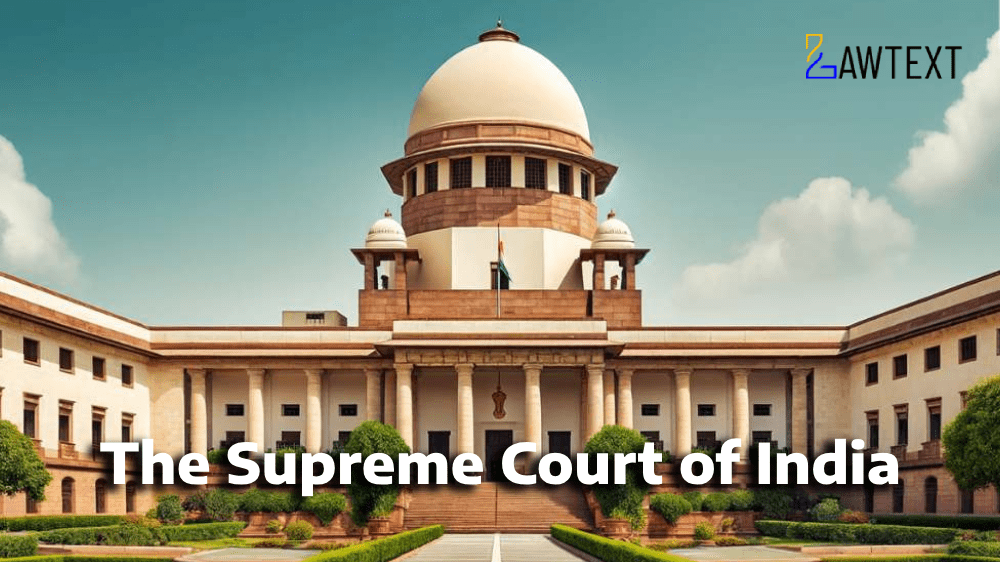Case Note & Summary
The Supreme Court dismissed an appeal by the Bank of India against the compassionate appointment of Pankaj Srivastava, whose father died in harness as a bank employee. The bank denied the appointment based on internal guidelines stating that if disciplinary proceedings or penalties were pending or contemplated, the compassionate appointment could be reconsidered. The Court ruled that since no formal charge sheet or suspension was issued before the employee's death, the denial was unjustified.
The Supreme Court held that for the denial of compassionate appointment, actual and substantial steps towards a major penalty, such as formal disciplinary action, must have been taken before the employee's death. Mere contemplation or preparation of a charge sheet is insufficient to disqualify the deceased employee's dependent.
1. Background of the Appeal:
The respondent, Pankaj Srivastava, applied for compassionate appointment following his father's death while in service. His application was denied based on the bank's internal policy about pending disciplinary actions. The Single Bench and Division Bench of the High Court ruled in his favor, leading to this appeal by the bank.2. Bank's Denial Based on Policy:
The Bank of India referred to its internal circulars and government guidelines, stating that compassionate appointments should not be considered if a major penalty is pending or contemplated against the deceased employee. They cited a policy requiring such cases to be referred to the Ministry of Finance for clearance.3. Court's Examination of Policy:
The Court reviewed the policy, which outlined two exceptions for compassionate appointment: one for minor penalties and the other for major penalties. The case involved a situation where the charge sheet was under preparation but not issued, and no formal disciplinary proceedings had begun at the time of the employee's death.4. High Court's Findings:
Both the Single and Division Benches held that since no formal charge sheet or suspension was issued before the employee's death, the denial of compassionate appointment was unjustified. The bank's argument that a charge sheet was "under preparation" was insufficient.5. Supreme Court's Conclusion:
The Supreme Court affirmed the High Court's ruling, stating that the bank could not rely on mere contemplation of disciplinary proceedings as a basis to deny compassionate appointment. The absence of any formal action, such as the issuance of a charge sheet or suspension, meant that there was no pending major penalty that could disqualify the respondent. Acts and Sections Discussed: Compassionate Appointment Scheme (Bank Circular No. 92/64, Clause 10(iv)) - It provides exceptions under which compassionate appointments may be reconsidered in cases involving pending or contemplated disciplinary action. Government Guidelines - The Court referenced Government guidelines, specifically the delegation of authority to banks in cases involving major penalties. Ratio Decidendi:The ratio of the case rests on the interpretation of the Bank's compassionate appointment policy, particularly the need for formal initiation of disciplinary proceedings before the employee's death. The Court ruled that mere contemplation of a charge sheet does not equate to actual proceedings and cannot justify denying the dependent's appointment.
Subjects: Employment Law, Compassionate Appointments, Banking RegulationCompassionate Appointment, Employment Law, Banking, Disciplinary Proceedings, Major Penalty
Issue of Consideration: BANK OF INDIA & ORS VERSUS PANKAJ SRIVASTAVA
Premium Content
The Issue of Consideration is only available to subscribed members.
Subscribe Now to access critical case issues








